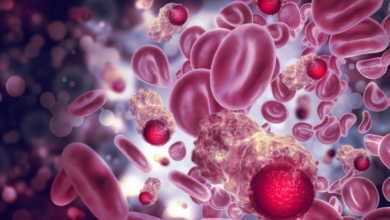KRAS Testing (for colorectal cancer treatment)

What is KRAS Testing?
KRAS testing is a genetic test used to determine the presence of mutations in the KRAS gene, a gene involved in cell growth and signaling. These mutations can occur in colorectal cancer cells, making them resistant to certain targeted therapies.
Why KRAS Testing is required?
KRAS testing is crucial for:
- Personalized treatment: By identifying KRAS mutations, healthcare providers can select the most effective treatment options for colorectal cancer patients.
- Avoiding ineffective therapies: Patients with KRAS mutations may not benefit from certain targeted therapies, such as EGFR inhibitors.
- Improving treatment outcomes: KRAS testing can help to optimize treatment plans and improve patient outcomes.
which are the method of KRAS Testing?
KRAS testing can be performed on:
- Tumor tissue: A biopsy of the colorectal tumor is taken and analyzed for KRAS mutations.
- Liquid biopsy: A blood test can be used to detect circulating tumor DNA (ctDNA) and analyze it for KRAS mutations.
who should go for KRAS Testing?
Patients with colorectal cancer should undergo KRAS testing to determine if their tumor harbors KRAS mutations. This information is essential for guiding treatment decisions.
What are the results of KRAS Testing?
KRAS testing results can be categorized as:
- KRAS wild-type: The tumor does not contain KRAS mutations.
- KRAS mutant: The tumor contains KRAS mutations.
What are the components of KRAS Testing?
KRAS testing typically involves:
- DNA extraction: DNA is extracted from the tumor tissue or ctDNA.
- PCR amplification: The KRAS gene is amplified using polymerase chain reaction (PCR).
- Mutation detection: The amplified DNA is analyzed for specific KRAS mutations, such as G12D, G12V, G13D, and G13V.





